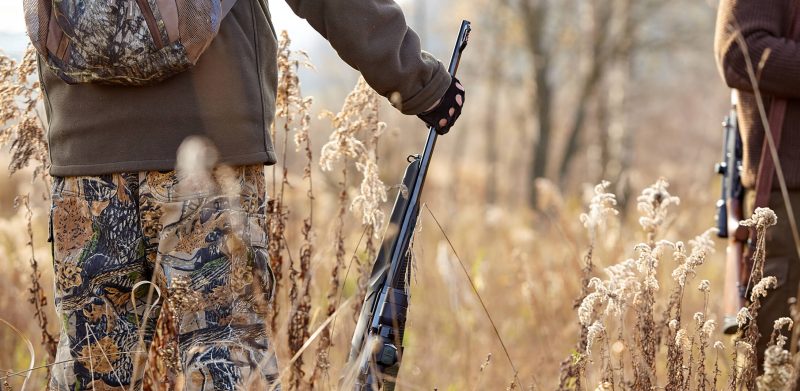
How to import hunting trophies?
If you like to travel to other countries to hunt and want to bring back a trophy, some useful points are worth knowing. Whether you go to Africa, the United States or anywhere else on the planet, there are rules for anyone who wants to bring a slaughtered animal or part of an animal slaughtered abroad into the country. In the next few lines, we will explain what to expect at Canadian customs when importing hunting trophies.
Does the type of hunting trophy matter?
It is important to know that the Convention on International Trade in Endangered Species of Wild Fauna and Flora (CITES) is used to protect wild plants and animals. Thus, “international trade is controlled to avoid harming the survival of the species. CITES protection applies to endangered animals and plants in any form:
- living or dead
- in whole or in part
- any product made from them.”
If you import a dead animal, in whole, in part or as a product, you must ask permission from the country from which the hunting trophy comes. Be aware that there are different levels of protection within CITES. If your hunting trophy is one of the species listed in the CITES Appendix, you will need to apply for a permit.
Do I have to pay duties and taxes when importing my hunting trophy?
Hunting trophies are classified under code HS9705.00.00. 00. That being said, they are free of customs duties. As a general rule, you will not have to pay taxes (GST and QST) if your hunting trophy is worth $800 CDN or less, as it is considered a personal item. To do so, you will need to submit the original version of the CBSA’s declaration for personal exemptions (E24), otherwise taxes remain applicable for values of C$800 or less.
Are there any other procedures to follow with customs?
The Canadian Food Inspection Agency is a government department that regulates, through the Health of Animals Regulations, the importation of integumentary tissues of mammalian and bird species. Thus, once your hunting trophy crosses the Canadian border, it will probably be inspected and will have to meet criteria depending on its type. You can find the different import conditions on the CFIA website.
For any additional information, our consultation service remains at your disposal at consultations@w2c.ca or by telephone at 514 368-2637, option 2.